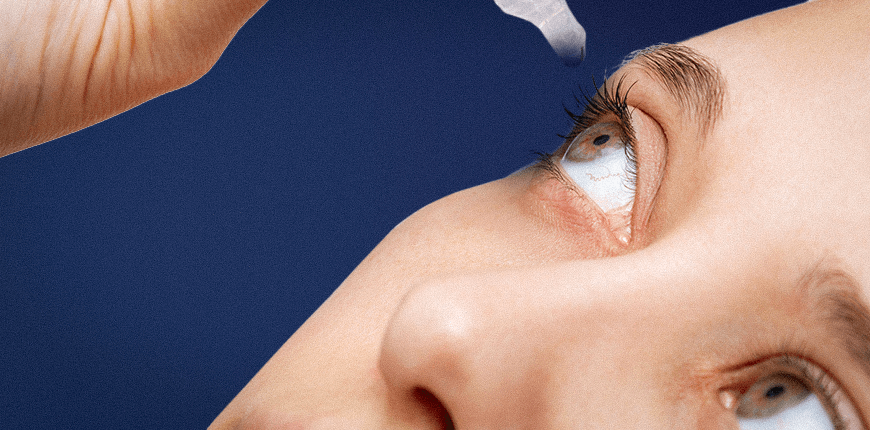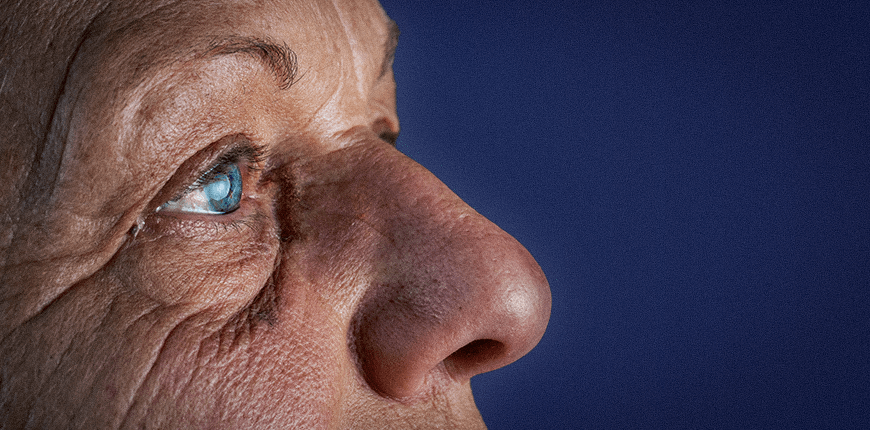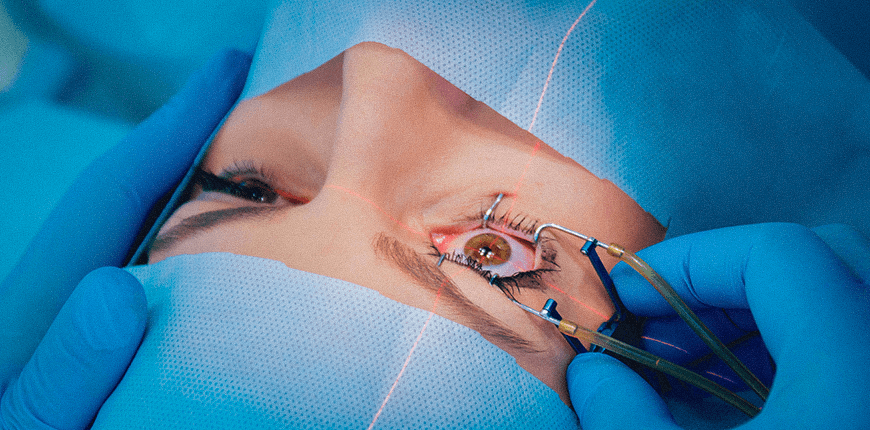
Uveitis Treatment
Uveitis is inflammation of structures inside the eye called the uvea. The uvea is the middle layer of the eye and includes the iris, ciliary body, and choroid.
Uveitis can cause these structures to become inflamed and cause symptoms such as eye pain, redness, watering, blurred vision, and sensitivity to light.
It can be caused by a variety of causes, including infections, autoimmune diseases, eye injuries, certain medications, or systemic diseases. Treatment involves identifying the underlying cause and controlling the inflammation.
Treatments such as steroid medications, eye drops, oral medications, and immunosuppressive medications may be used. Early diagnosis and treatment can help prevent vision loss or other complications.
What are the Causes of Uveitis?
Uveitis can be caused by many different causes. The most common causes include:
- Autoimmune Diseases: Autoimmune diseases such as rheumatoid arthritis, ankylosing spondylitis, Behcet's disease, lupus, and sarcoidosis can increase the risk of uveitis.
- Infections: Bacterial, viral, fungal, or parasitic infections can cause uveitis. For example, infections such as syphilis, toxoplasmosis, cytomegalovirus, and herpes zoster are associated with uveitis.
- Eye Injuries: Trauma or injuries to the eye can cause uveitis.
- Certain Drugs: Some medications, especially immunosuppressive ones, can cause the development of uveitis.
- Systemic Diseases: Systemic diseases, particularly inflammatory diseases such as Crohn's disease, ulcerative colitis, sarcoidosis, and multiple sclerosis, are associated with uveitis.
- Unknown Causes: In some cases, the cause of uveitis may not be determined.
- Genetic Predisposition: Some studies show that uveitis may be related to genetic factors.
- Age: Older people are at higher risk for this disease.
- Smoking: It's known that regular tobacco and cigarette consumption can contribute to the development of uveitis.
Uveitis can occur at any age and occurs with equal frequency in both sexes. However, in some cases, it may be more common among certain age groups, genders, or ethnic groups. For example, Behçet's disease is more common in Asian and Middle Eastern men.
What Are the Symptoms of Uveitis?
The symptoms of uveitis can vary depending on the severity and cause of the inflammation. These may include:
- Blurred or decreased vision
- Sensitivity to light
- Pain or discomfort in the eyes
- Redness or swelling in the eyes
- Watering eyes
- Discharge from the eyes
- Dark spots or shadows in the eyes
How Is Uveitis Diagnosed?
 Uveitis can be easily diagnosed by an experienced ophthalmologist. Diagnosis is mostly based on the patient's symptoms, comprehensive eye examination, and medical history.
Uveitis can be easily diagnosed by an experienced ophthalmologist. Diagnosis is mostly based on the patient's symptoms, comprehensive eye examination, and medical history.
The doctor focuses on the inside of the patient's eye and can assess the inflammation inside, using special instruments to view it. At the same time, the following tests are performed in patients with uveitis:
- Eye Pressure Test: In this way, the blood pressure in the eye can be measured and pressure changes caused by the inflammatory fluid inside can be controlled.
- Eye Angiography (FFA): This test is used to take pictures that show the retina, optic nerve, and other structures at the back of the eye.
- Eye Ultrasound: It is applied to view the structures inside the eye in more detail.
- Laboratory Tests: Blood tests and urine tests can help determine the cause of uveitis. In some cases, your eye doctor may also perform blood tests, urine tests, or other tests to determine the cause of uveitis.
How Is Uveitis Treated?
Treatment of uveitis can vary depending on its cause. Basically, it is aimed to control inflammation and prevent damage to the eye. Treatment options may include:
- Eye Drops: Steroid eye drops are used to control inflammation in the eye and relieve symptoms associated with inflammation. They should be used in the dosage and time recommended by the doctor.
- Injections: In some cases, steroid injections are given directly into or around the eye. This provides more intensive treatment and reduces possible side effects.
- Oral Medications: Oral steroids are more commonly used to treat systemic uveitis. They are used for the treatment of systemic diseases that cause eye inflammation. These can cause some side effects, especially with long-term use. Therefore, caution should be exercised in the use of oral steroids.
- Immunosuppressive Drugs: They are used especially in uveitis caused by autoimmune diseases. These drugs suppress a person's immune system and control inflammation.
- Eye Drops: They can help keep the eye moist and relieve symptoms. With the help of these, it is possible to moisten the surface of the eye, and symptoms such as dry eye are relieved. The doctor will tell the patient which drops to use and how often.
-
Is Uveitis contagious?
No, uveitis is not contagious. However, some infections, especially viral infections, can cause the development of uveitis and these infections can be contagious.
-
Can Uveitis cause blindness?
Yes, severe cases of uveitis can cause vision loss or even blindness. However, early diagnosis and treatment can significantly reduce the risk of blindness.
-
What is the Uveitis attacks?
It’s the sudden increase or reappearance of symptoms in people with uveitis. It occurs frequently in some people and less frequently in others. They can cause severe vision loss or permanent eye damage if left untreated or with inadequate therapy. Therefore, patients with uveitis should immediately consult their doctor and seek appropriate treatment whenever there is any change in their symptoms.
-
Does Uveitis heal completely?
Yes. The sooner treatment is started, the higher the chance of recovery. However, the healing process of uveitis can vary depending on the cause of the disease, the speed of response to treatment, and the general health of the person. In some cases, it may heal completely, while in others, the symptoms may become chronic and require regular checkups and treatment. In summary, it can be said that whether uveitis can be completely healed depends on the specific situation of the person.













